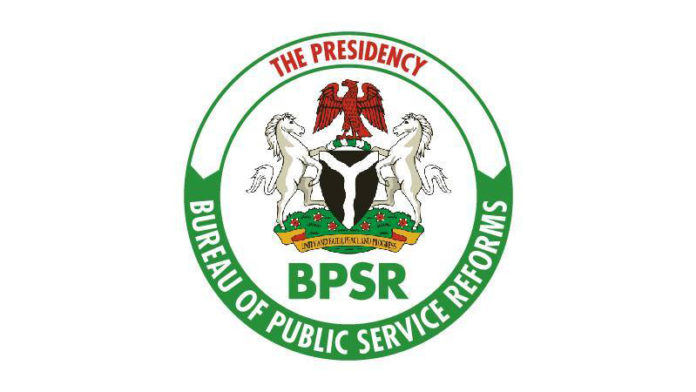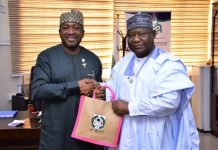In line with global best practices, the Director General (DG) of the Bureau of Public Service Reforms (BPSR), Dasuki Ibrahim Arabi (Mr.), stated that inter-agency partnerships, supported by the coercive powers of Government, and its anti-graft bodies, help to reduce corruption in any country.
He made this known in his opening remarks, during the September edition of their Bureau’s ‘Lunch-Time Reform Seminar’, held at the auditorium of the Federal Ministry of Finance, Budget and National Planning, yesterday.
The seminar was themed, ‘Role of Anti-Corruption Agencies in Effective Public Service Delivery’. Over the years, Arabi, said successive Governments have taken a number of measures in the fight against corruption including enacting laws, institutions and programmes.
“Despite the laudable successes attained by these measures, the situation remains unacceptable as corruption continues to permeate and pervade some facets of our national life,” he added.
He stated that, corruption is the source of many socio-economic and political problems that have militated against the attainment of economic development, equity, social justice, political integration and stability in the country.
Arabi added that efficient service delivery and good financial management depend on institutions that adhere to principles of integrity, transparency, accountability, broad participation and responsiveness.
He said: “The role of anti-corruption agencies in effective service delivery cannot be underestimated. They play crucial roles in preventing, fighting and educating citizens on issues around corruption. They also provide the basis for ensuring that the State and citizens are free from corruption, by putting in place measures, initiatives and programmes to create a corrupt-free society and maintain a high moral standard.”
By Aliyu Umar Aliyu






